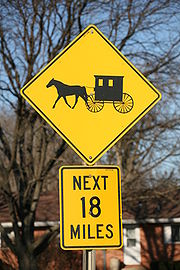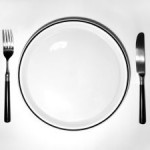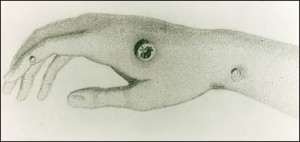 As I get older I naturally find it more difficult to establish quick rapport and trust with teenagers in the context of routine physicals, and the advent of texting has acutely worsened this trouble.
As I get older I naturally find it more difficult to establish quick rapport and trust with teenagers in the context of routine physicals, and the advent of texting has acutely worsened this trouble.
I routinely ask teenagers’ parents to leave the room at some point. This is an attempt to create some privileged and private space in which any embarrassing concerns, prohibited behaviors, or frank confessions can be voiced without parental scorn. Occasionally a teenager will bring up worries about sexually transmitted infections, or stresses in family life, or more rarely an issue that might constitute abuse. Mostly they just can’t wait for the visit to be over, and so I don’t drag things out. But even though I’ve tried to create a little buffer of privacy in which some trust and candor can take root, there is still a hovering presence, and omnipresent other in the room at all times that cannot be shown the door. It is the text messaging addiction.
I can barely finish a sentence sometimes. The cell phone vibrates, the iPhone alerts… NEW MESSAGE! There can be no sustained focus to a conversation, as the patient must look down and scroll through the communication, as if it were the most important and timely bit of information in the world. We might be talking about how to prevent teenage pregnancy, or how to stay safe at parties, or about the insidious onset of depression, but some other unseen interlocutor is barging in with – hey dude, wassup? I’m just chillin’
Like a complacent parent I rarely engage the issue. It is endemic to the population. When I have asked teenagers (and adults, really) to put away their cell phones and text messaging devices, it’s almost as if I’ve offended them, and closed that door of trust and openness with a judgmental slam. When I asked one child how many text messages he averages a month, he replied that last month he hit 12,000, easy. My jaw dropped. There were 30 days in that month. That’s 400 text messages per day. That’s a mind-numbing 25 text messages per hour, assuming all 16 productive, non-sleeping hours are devoted to maniacal communication. I get about one text message on my phone per day, and even this small intrusion sometimes feels like a horsefly.
But I suspect there is guerrilla, Amish-style revolution among us. The Resistance seeks to preserve a world order that prizes some modicum of privacy, away from the tweets, facebook feeds, manic texts, the pings, hums, and beeps that constantly fragment our waking moments. The revolution is of varying degrees and durations. Although being more socially connected is beneficial in many ways, what sense of self can we nurture when we are constantly plugged in to the matrix? Have we become like the countless cells that make up our bodies, secreting chemokines, blindly responding to hormonal cues, obeying the electric signals that bind us to our shrinking world? Is there a sense developing that a life experience hasn’t really happened until it has been recorded publicly and broadcast widely?
In the context of the office visit I feel defeated each time a text message comes bounding into the room. It is an intrusion as real as the insurance companies, HMO’s, and malpractice threats that have contaminated the doctor-patient relationship.
We should all be selectively Amish at times and turn off our cell phones, feeds, social networking sites, and blogs. There is peace and comfort in un-electrified solitude, beneath white clouds in summer skies, with glorious dirt beneath our nails, and not an electronic tether in sight.



 Is food a shock to the system? The above quote is from Angela’s Ashes, and describes the author Frank McCourt’s father, a man as thin as a rail, who often swore off food. Although he was certainly no paragon of health, as evidenced by his smoking and heavy drinking, there may be a kernel of truth in his assessment of food as “a shock to the system.”
Is food a shock to the system? The above quote is from Angela’s Ashes, and describes the author Frank McCourt’s father, a man as thin as a rail, who often swore off food. Although he was certainly no paragon of health, as evidenced by his smoking and heavy drinking, there may be a kernel of truth in his assessment of food as “a shock to the system.”
 Welcome to Grand Rounds, a weekly gathering of medical people interested in sharing their best writing from the past week. I was there in the beginning, back in 2004, when Grand Rounds first started. Some might say that makes me old, but I prefer the term old school.
Welcome to Grand Rounds, a weekly gathering of medical people interested in sharing their best writing from the past week. I was there in the beginning, back in 2004, when Grand Rounds first started. Some might say that makes me old, but I prefer the term old school.

 As I get older I naturally find it more difficult to establish quick rapport and trust with teenagers in the context of routine physicals, and the advent of texting has acutely worsened this trouble.
As I get older I naturally find it more difficult to establish quick rapport and trust with teenagers in the context of routine physicals, and the advent of texting has acutely worsened this trouble.